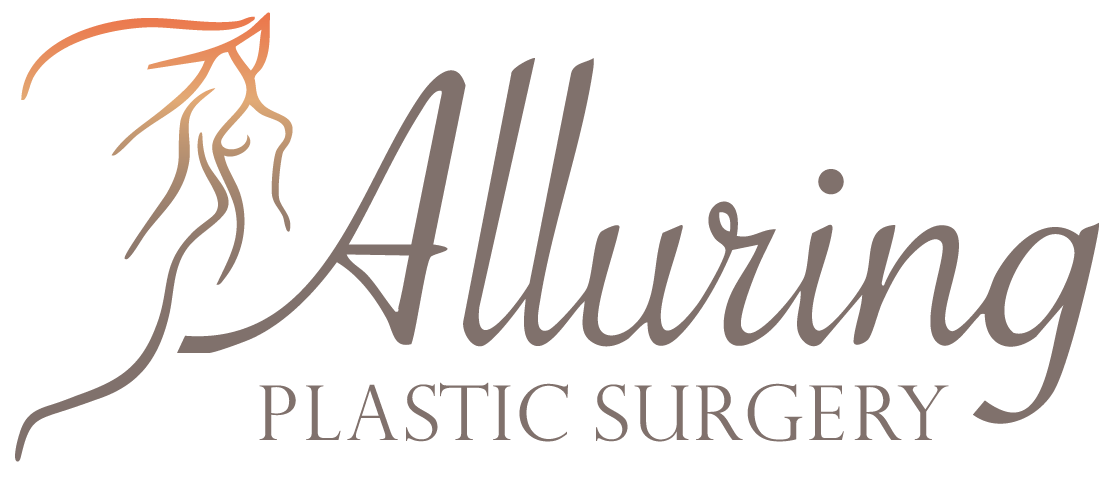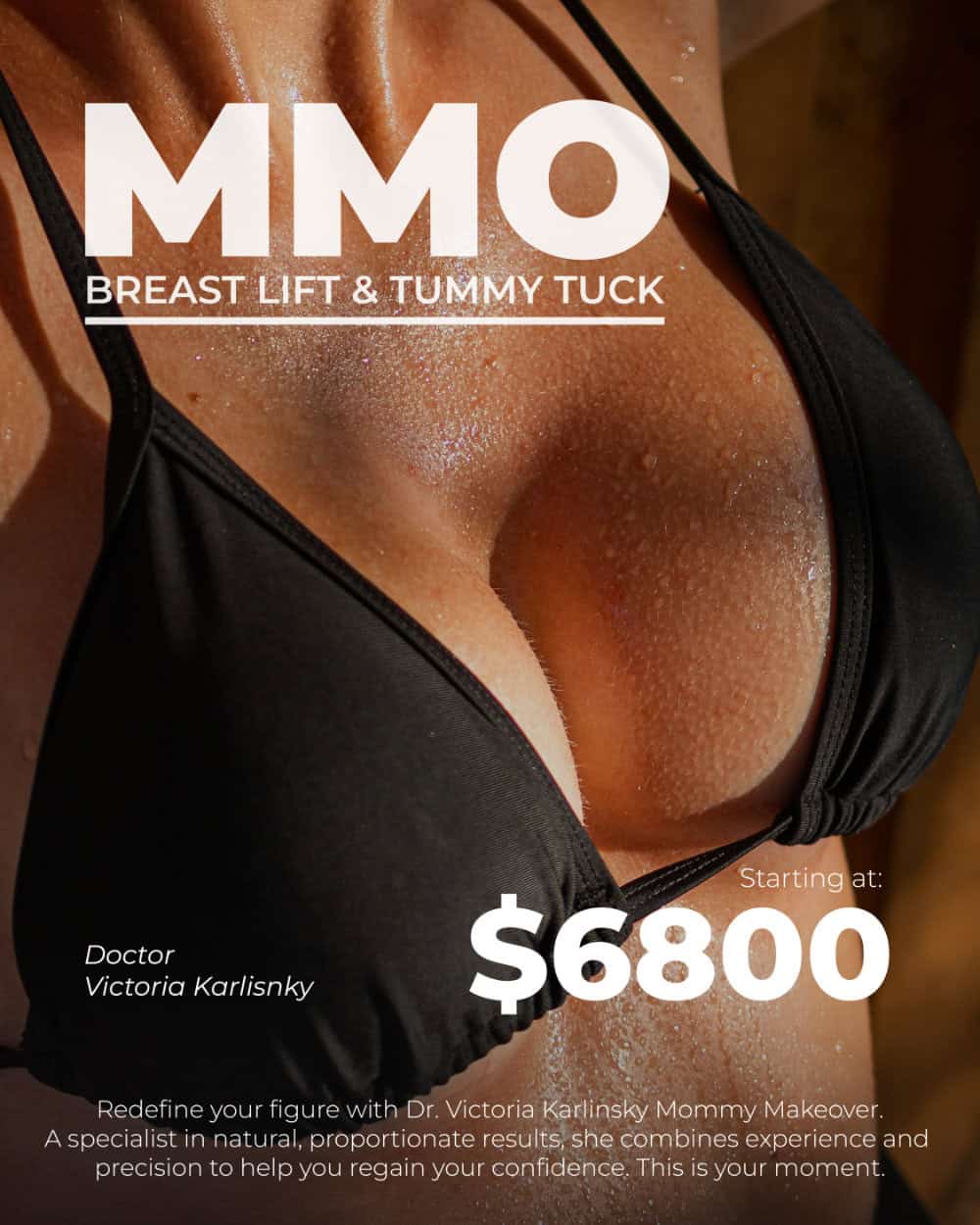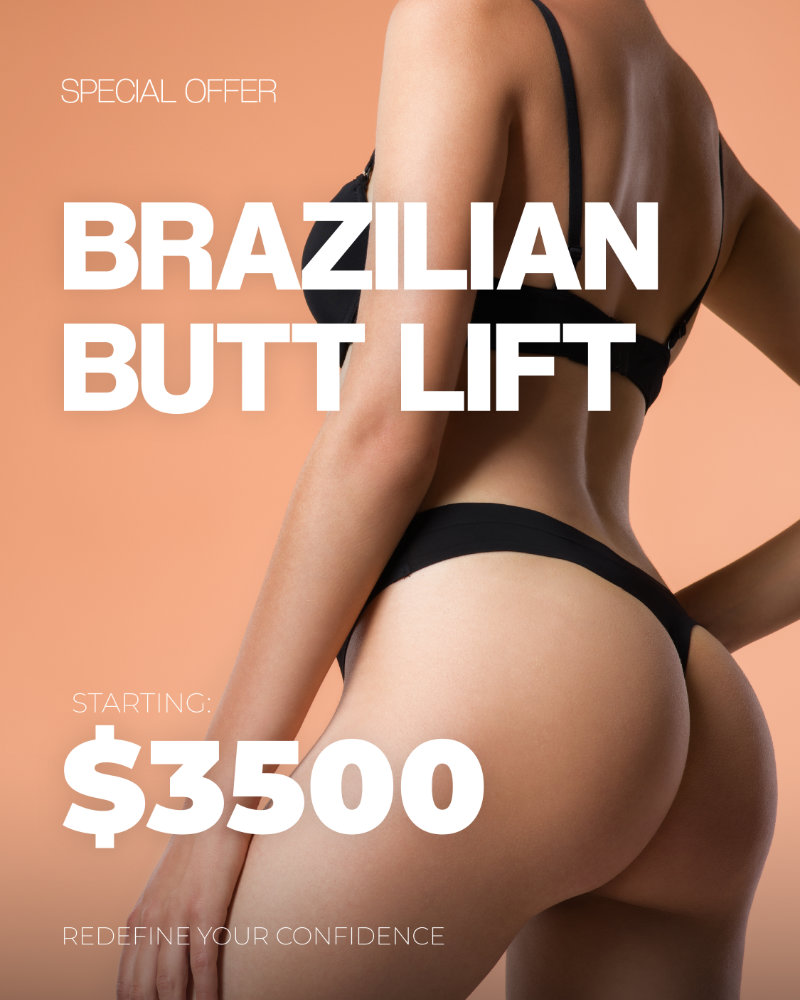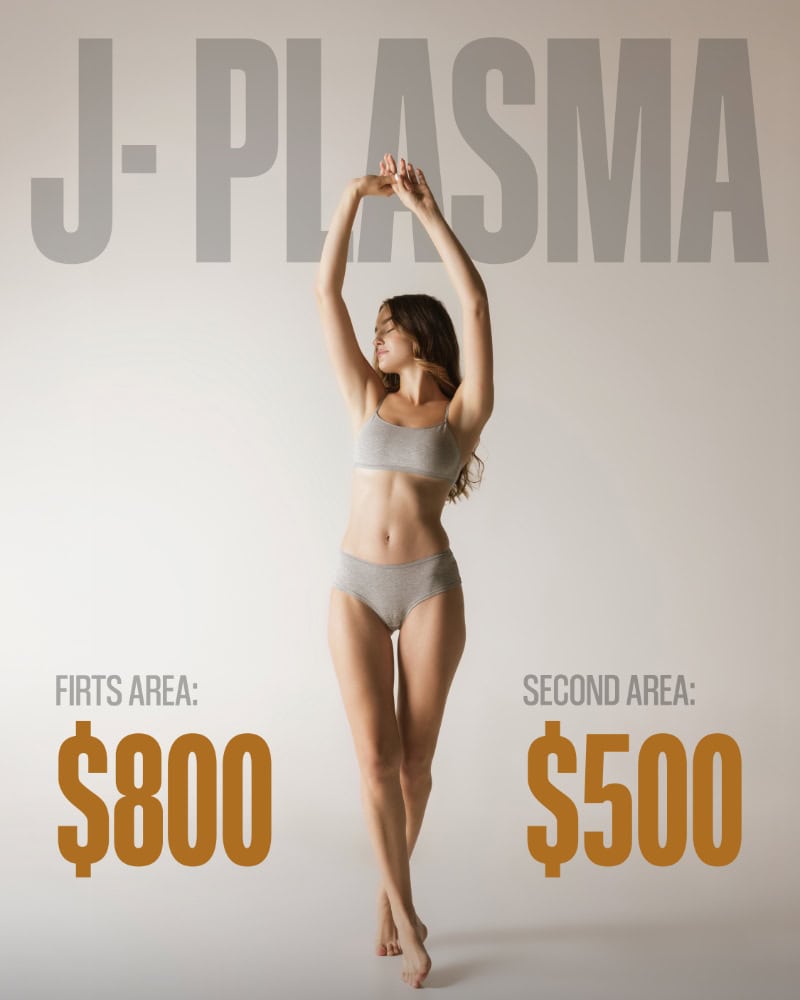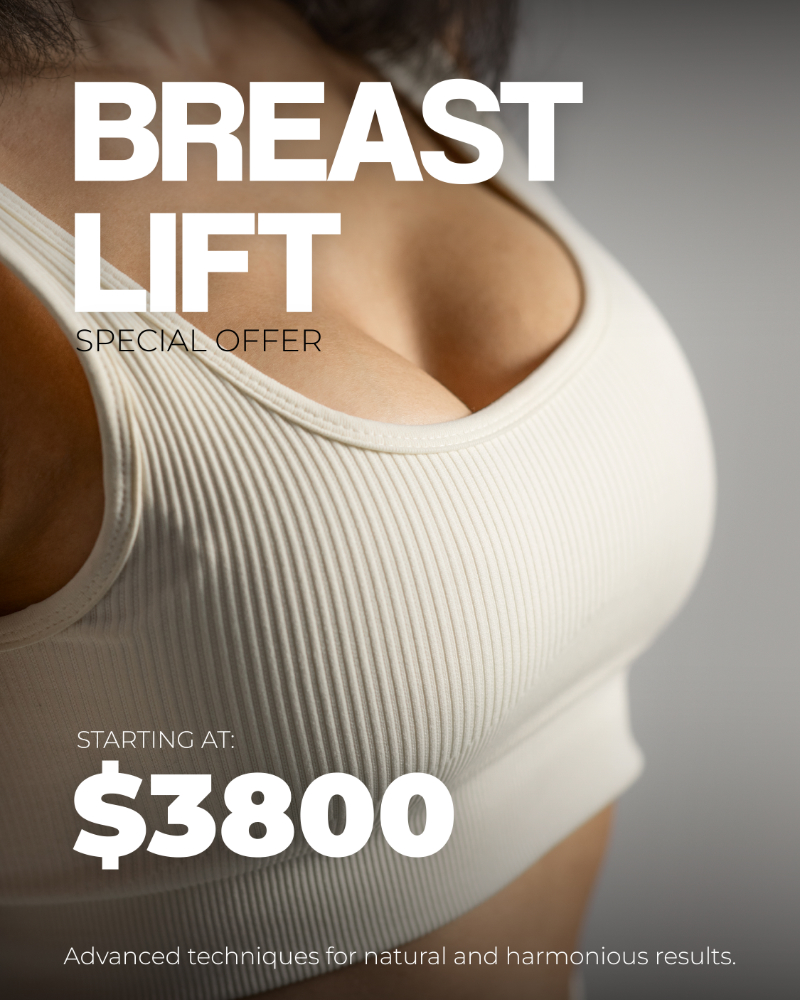Recovering from Liposuction isn’t just about managing pain—it’s about supporting your body’s ability to heal, minimize swelling, and achieve your desired results. One of the most overlooked but vital parts of recovery? How you sleep. Improper positioning or a disruptive sleep environment can slow healing, increase discomfort, and even impact your final body contour.
Without proper sleep positioning and pain control, patients often face unnecessary setbacks: fluid buildup, prolonged bruising, or difficulty sleeping due to discomfort. Worse, poor habits in the early days can negatively affect your long-term results—undoing the precise work your surgeon performed.
We recommend sleeping on your back with your upper body slightly elevated using wedge pillows or a recliner to reduce swelling and pressure on surgical sites. Wear your compression garments continuously during sleep as directed by your surgeon. Keep your recovery space cool (65–68°F), dark, and quiet, with essentials within reach to minimize movement.
Take prescribed pain medication on schedule to guarantee comfortable rest. Proper sleeping positions greatly impact your final contouring results.
This guide covers ideal sleeping positions, how to manage pain for better sleep, and tips to create the optimal recovery environment.
Considering Lipo? For a personalized consultation, contact Alluring Plastic Surgery today at (786) 305-8649 or fill out our online contact form to schedule your consultation today.
How Can You Set Up a Healing Sleep Environment?
While recovering from liposuction, your immediate environment plays an essential role in promoting proper healing and ensuring restful sleep.
Set up a dedicated resting space with a recliner or strategically arranged pillows to maintain an elevated sleeping position, which reduces pressure on your incisions during the recovery period. Keep your compression garments easily accessible and stock your area with essentials like water and snacks within reach to minimize movement.
Maintain a quiet environment with temperatures around 65–68°F to enhance your healing process. Consider using blackout curtains or a sleep mask to block light, and earplugs to minimize noise disruptions.
A clutter-free space allows for easier navigation, preventing strain and contributing to a successful recovery as your body adjusts to its new contours.
What Sleeping Position Reduces Swelling Best?
Your sleeping position after liposuction directly impacts your recovery outcomes and comfort levels. We recommend sleeping on your back with your upper body slightly elevated to minimize pressure on incisions and promote better circulation, which helps reduce swelling in treated areas.
A recliner or wedge pillows can maintain this elevated position while providing support that prevents rolling during sleep. Avoid side or stomach sleeping for approximately 3–4 weeks, or as directed by your surgeon, as these positions can place unwanted pressure on surgical sites and impede healing.
Reference your sleep environment setup for guidance on pillows and temperature control that support optimal rest.
How Do You Manage Pain to Sleep Well?
Effective pain management serves as a cornerstone of successful recovery after liposuction, directly influencing your ability to achieve restful sleep during the healing process.
We recommend taking prescribed pain medications on a schedule rather than waiting until discomfort intensifies. This helps maintain consistent relief during post-surgery sleep.
For patients concerned about opioid effects, we can discuss non-opioid alternatives that won’t interfere with sleep quality. Non-opioid options such as acetaminophen, ibuprofen, or certain nerve-pain medications can be effective without the sedative side effects of opioids. Incorporating relaxation techniques like deep breathing and meditation effectively reduces anxiety and stress that often disrupt recovery rest.
Maintain a consistent sleep routine by avoiding caffeine and heavy meals before bedtime. Reference your healing sleep environment for tips on noise, lighting, and temperature control to support uninterrupted rest.
Why Wear Compression Garments While Sleeping?
Compression garments serve as essential components of post-liposuction recovery, particularly during nighttime hours when healing processes accelerate.
We recommend wearing these specialized garments continuously, both day and night, to support your newly contoured tissues and minimize post-surgical swelling. During sleep, these garments work to maintain the body contours created during your liposuction procedure while improving circulation to surgical sites.
They help prevent fluid accumulation, which greatly enhances your recovery timeline and final aesthetic results. When selecting compression wear for nighttime use, make sure it fits snugly—firm but tolerable—without restricting your breathing or disrupting your night’s sleep.
The garment should feel supportive, not painful. For best healing outcomes, we strongly advise following your surgeon’s specific instructions regarding the duration and type of compression therapy appropriate for your unique surgical case.
How Does Gentle Movement Support Recovery Sleep?
Implementing a strategic movement plan beginning with gentle walking within the first week post-liposuction enhances circulation and promotes better sleep quality during recovery.
Start with short daily walks while wearing your compression garments. These movements reduce swelling and prevent stiffness, which helps you find comfortable sleeping positions. Gradually increase your activity as your body adapts, but always balance movement with ample rest.
We recommend aiming for a minimum of eight hours of sleep nightly, as your body performs most tissue repair during this period. Many patients find that light physical activity helps regulate energy levels, reduces daytime fatigue, and leads to more restorative sleep cycles.
This mindful approach creates optimal conditions for healing and minimizes recovery complications.
When Should You Call Your Surgeon About Sleep?
Although recovery from liposuction typically follows a predictable pattern, certain sleep-related complications warrant immediate medical attention.
We recommend contacting your surgeon if you experience persistent pain that interferes with sleep, as this may indicate complications requiring professional assessment.
Notify your medical provider immediately if you notice increasing discomfort or swelling that worsens at night. These symptoms could signal issues with your recovery process.
Additionally, if you’re unable to find comfortable sleeping positions that minimize pressure on your incisions, your surgeon can offer personalized recommendations.
Sleep disturbances that persist despite following post-operative guidelines may require your surgeon to adjust your medication regimen or overall recovery plan. Don’t hesitate to report symptoms of infection, including fever or chills, which can greatly impact both your healing process and sleep quality.
Learn More About Liposuction in Miami
At Alluing Plastic Surgery in Miami, our board-certified surgeons combine artistic vision with technical precision to deliver stunning liposuction results. We understand that body contouring is not just about removing fat—it’s about sculpting your confidence and helping you feel comfortable in your skin again. Our personalized approach ensures each patient receives customized care that addresses their unique aesthetic goals.
Ready to transform your appearance? For a personalized consultation, contact Alluring Plastic Surgery today at (786) 305-8649 or fill out our online contact form to schedule your consultation.
